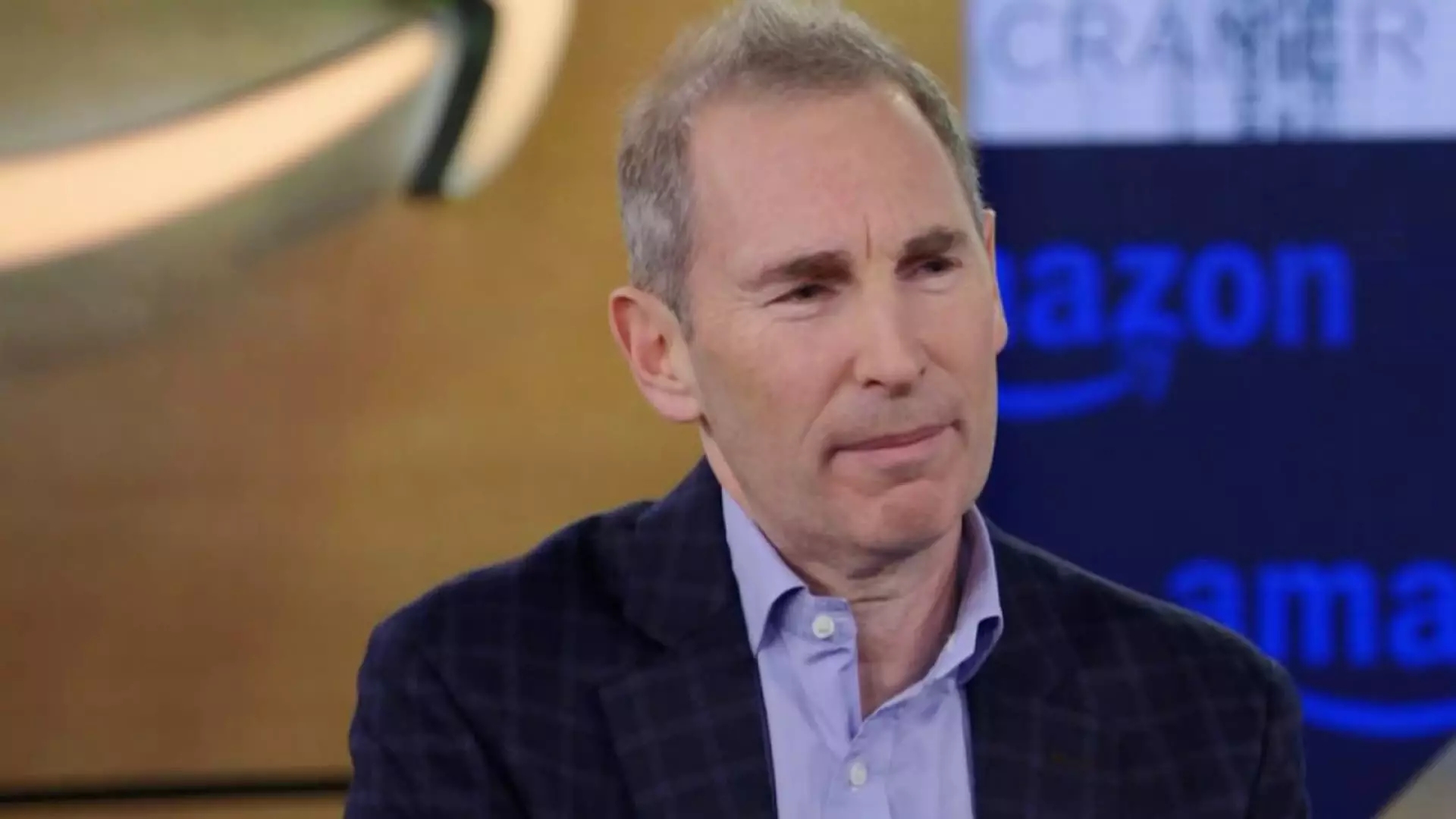Amazon CEO Andy Jassy recently expressed frustration over regulators blocking the company’s planned acquisition of robotic vacuum maker iRobot. The $1.7 billion deal fell apart earlier this year due to antitrust concerns raised by Europe’s antitrust watchdog and the Federal Trade Commission. Jassy criticized regulators for hindering the acquisition, stating that it would have given iRobot a competitive advantage against its rivals. However, regulators feared that Amazon would favor its own product, the Roomba, over others in the market.
Industry Challenges
The robotic vacuum industry has become increasingly competitive in recent years, with companies like Anker, Ecovacs, and Roborock challenging iRobot’s market dominance. This trend has been exacerbated by regulators’ growing reluctance to allow Big Tech companies to expand through mergers and acquisitions. The Biden administration has made antitrust enforcement in the tech sector a top priority, leading to increased scrutiny of such deals.
As traditional mergers face more significant regulatory hurdles, tech companies are turning to investments in artificial intelligence startups to drive growth. Amazon, for example, recently increased its stake in AI startup Anthropic. Similarly, Microsoft has invested heavily in OpenAI. However, these partnerships have also come under regulatory scrutiny, with the FTC launching an inquiry into the deals in January.
Regulatory Challenges
In addition to facing obstacles in mergers and investments, Amazon is also dealing with legal challenges from regulatory bodies. The FTC sued Amazon in September, alleging that the company operates an illegal monopoly that stifles competition and raises prices for consumers. The lawsuit centers on Amazon’s third-party marketplace, which accounts for a significant portion of goods sold on the platform. The agency’s scrutiny of Amazon’s marketplace operations reflects a broader trend of regulators increasing their oversight of tech companies.
Apart from regulatory challenges, Amazon is also grappling with fraudulent activities on its platform. A network of groups has been exploiting Amazon’s scale and lenient returns processes to carry out fraudulent refunds, costing retailers billions of dollars annually. Jassy acknowledged the issue and mentioned that Amazon has dedicated teams to monitor returned goods to prevent fraudulent activities.
Amazon’s expansion plans have been hampered by regulatory hurdles, from blocked acquisitions to legal battles with regulatory bodies. The company’s efforts to navigate these challenges underscore the growing scrutiny faced by Big Tech companies in the current regulatory environment. As Amazon continues to innovate and expand its presence in the market, it will need to address regulatory concerns and fraudulent activities to maintain its growth trajectory.


Leave a Reply
You must be logged in to post a comment.